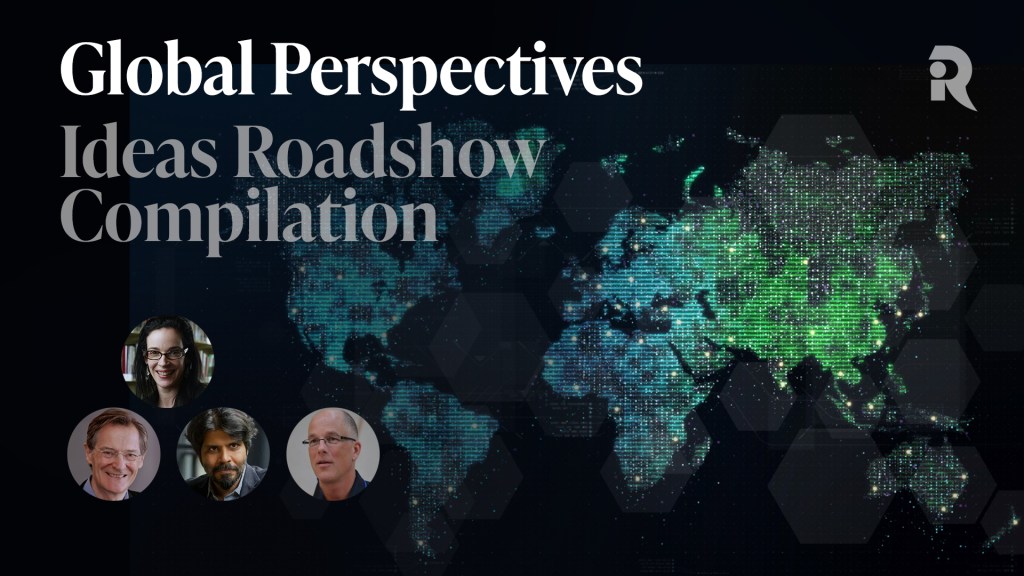How Social Science Creates the World is based on an in-depth conversation between Howard Burton and UC Berkeley political scientist Mark Bevir who is an internationally acclaimed expert in the theory of governance. This thought-provoking conversation explores how attempts to shoehorn political science into a natural science framework commonly fail and how correctly appreciating what social science is and does has a direct bearing on our everyday social lives.
By adopting the false belief that the social world is composed of some unchanging, fundamental entities on par with atoms or molecules—be they markets or classes or what have you—we will have no means of recognizing, or even describing, what happens when circumstances change and a new social dynamic is created.

This carefully-edited book includes an introduction, One of a Kind, and questions for discussion at the end of each chapter:Creating a Political Philosopher – From mathematics to social science
- The Power of Philosophy – How to change the world
- What is Political Science, Anyway? – Science vs. interpretation
- Knowing One’s Limits – Distinguishing heuristic utility from a scientific truth
- Missing the Boat – Beyond outdated dichotomies
- Networks – What they are and how they arose
- Analyzing Governance – How social science makes the world
- The Mechanisms of Influence – Investigating social traction
- From Theory to Practice – Appreciating a mix of strategies
- Doing Things Better – The importance of listening
- Starting Over – A lone wolf takes charge, at least theoretically
- Going Global – Encouraging pluralism and open patterns

Now available in electronic format on all major booksellers, including:
How Social Science Creates the World is also part of the five-part Ideas Roadshow Collection, Conversations About Politics, which is available in hardcover, paperback and electronic format.

Mark Bevir is also featured in 7 Ideas Roadshow documentary-style films together with several other renowned researchers. Available on Ideas Roadshow’s digital resources platforms, Kanopy and Boclips.









